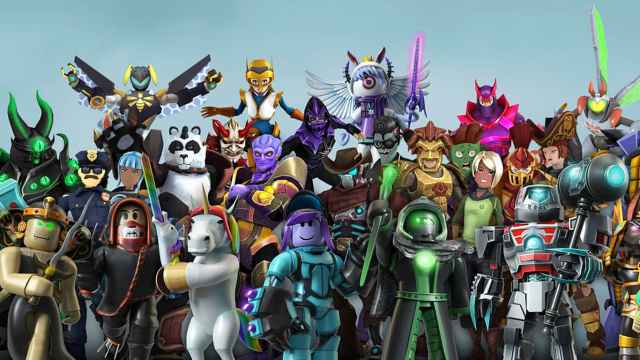In modern Russia there is no such thing as elections — only mock elections. The entire system is designed so that the true opposition parties cannot register for the elections and those individuals who could potentially mount a serious challenge to the ruling United Russia party are powerless to do so.
Does that mean that all of the activity during the run-up to elections is pointless? No, not at all. It is of great use for everything unconnected with the elections themselves.
Just tearing your ballot in half is pointless. But launching a campaign and calling on everyone to tear up their ballots is a good idea because it draws public attention to the fraudulent nature of these elections. In the same way, simply voting for any party but United Russia won’t accomplish anything, but encouraging everyone to do so is helpful. In short, every action taken to show that Russia does not have true elections is beneficial.
Russia does not have true elections, but if it did, for whom would most Russians vote? The answer is far from inspiring. They would vote for the Communist Party or the Liberal Democratic Party — in short, for anyone who promises to put thieves behind bars, make poor people rich and stick it to “those damned Americans who are always plotting against great and good Russia.”
As the Arab Spring and the earlier Orange Revolution have demonstrated, people in today’s world always participate in deciding how their country is governed with the aid of either elections or uprisings.
Unfortunately, a revolution is no guarantee of better governance. It only guarantees that a new warm body is placed in the leader’s chair. If society functions like a herd of baboons, a revolution does not mean that they will stop acting like a herd of baboons. It only means that a young baboon will replace the old one at the top spot.
Of the revolutions that took place in Kyrgyzstan in 2005, Ukraine in 2004 and Georgia in 2003, the first two resulted in a change of baboons and only in the last did it lead to a new and constructive change in the life of the country.
This leads to a simple question: With no elections in Russia, increasing dissatisfaction with the ruling regime, the growing likelihood of an uprising, and few Russians supporting the often infantile and left-leaning pro-Western opposition, what guarantee do we have that a revolution would install Boris Nemtsov and Mikhail Kasyanov and not Dmitry Rogozin and Vladimir Zhirinovsky?
The answer is very simple: the more the Russian elite — especially the business elite — support a regime change, the less radical that change will be. In short, if the elite continue supporting the regime until the last possible moment, we will end up with nationalism and a gang of fascists in charge. If the elite abandon ship before it’s too late, we will end up with a temporary government.
Now consider this: Russia today has a single public figure who has a good chance of winning support from either a radical uprising or a moderate revolution. His name is Alexei Navalny. This fellow has skillfully built a fail-safe strategy. His web site Rospil.info appeals simultaneously to the general electorate and to the business elite. Voters like the way he exposes flagrant government corruption. Businesspeople admire the way Navalny, a lawyer by profession, manages to beat the authorities at their own game. By participating in the Russian March earlier this month, Navalny appealed to nationalists and to those members of the Russian elite who are fed up with leftist liberal multiculturalism and internationalism. In a sense, Navalny can’t lose with his “vote for any other party” campaign: Any vote not cast for United Russia could be considered a vote for him.
It is difficult to gauge exactly how much chance Navalny has of becoming the Russian equivalent of Georgian President Mikheil Saakashvili. But as of today, not a single Russian public figure other than Navalny has any chance at all.
Yulia Latynina hosts a political talk show on Ekho Moskvy radio.
A Message from The Moscow Times:
Dear readers,
We are facing unprecedented challenges. Russia's Prosecutor General's Office has designated The Moscow Times as an "undesirable" organization, criminalizing our work and putting our staff at risk of prosecution. This follows our earlier unjust labeling as a "foreign agent."
These actions are direct attempts to silence independent journalism in Russia. The authorities claim our work "discredits the decisions of the Russian leadership." We see things differently: we strive to provide accurate, unbiased reporting on Russia.
We, the journalists of The Moscow Times, refuse to be silenced. But to continue our work, we need your help.
Your support, no matter how small, makes a world of difference. If you can, please support us monthly starting from just $2. It's quick to set up, and every contribution makes a significant impact.
By supporting The Moscow Times, you're defending open, independent journalism in the face of repression. Thank you for standing with us.
Remind me later.





